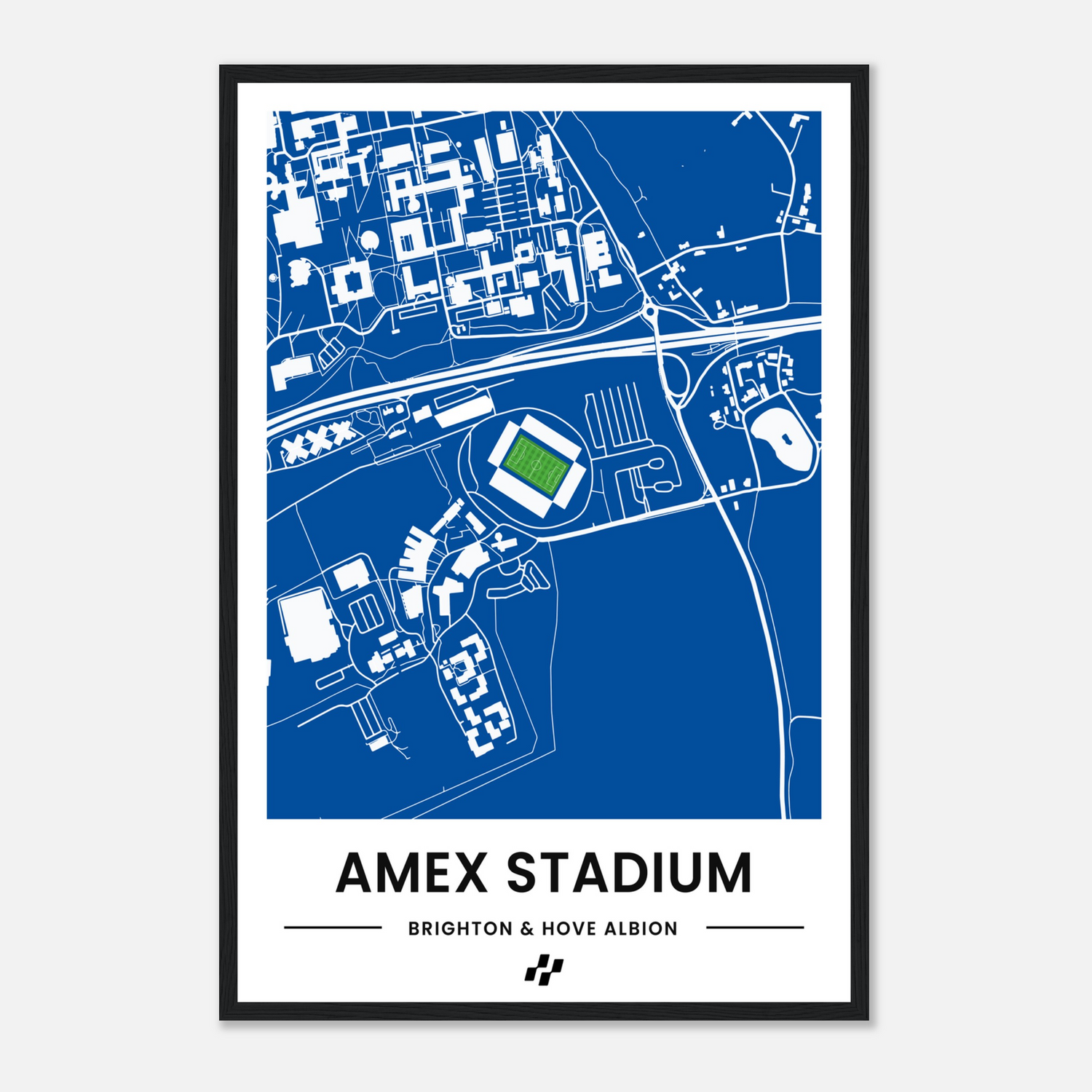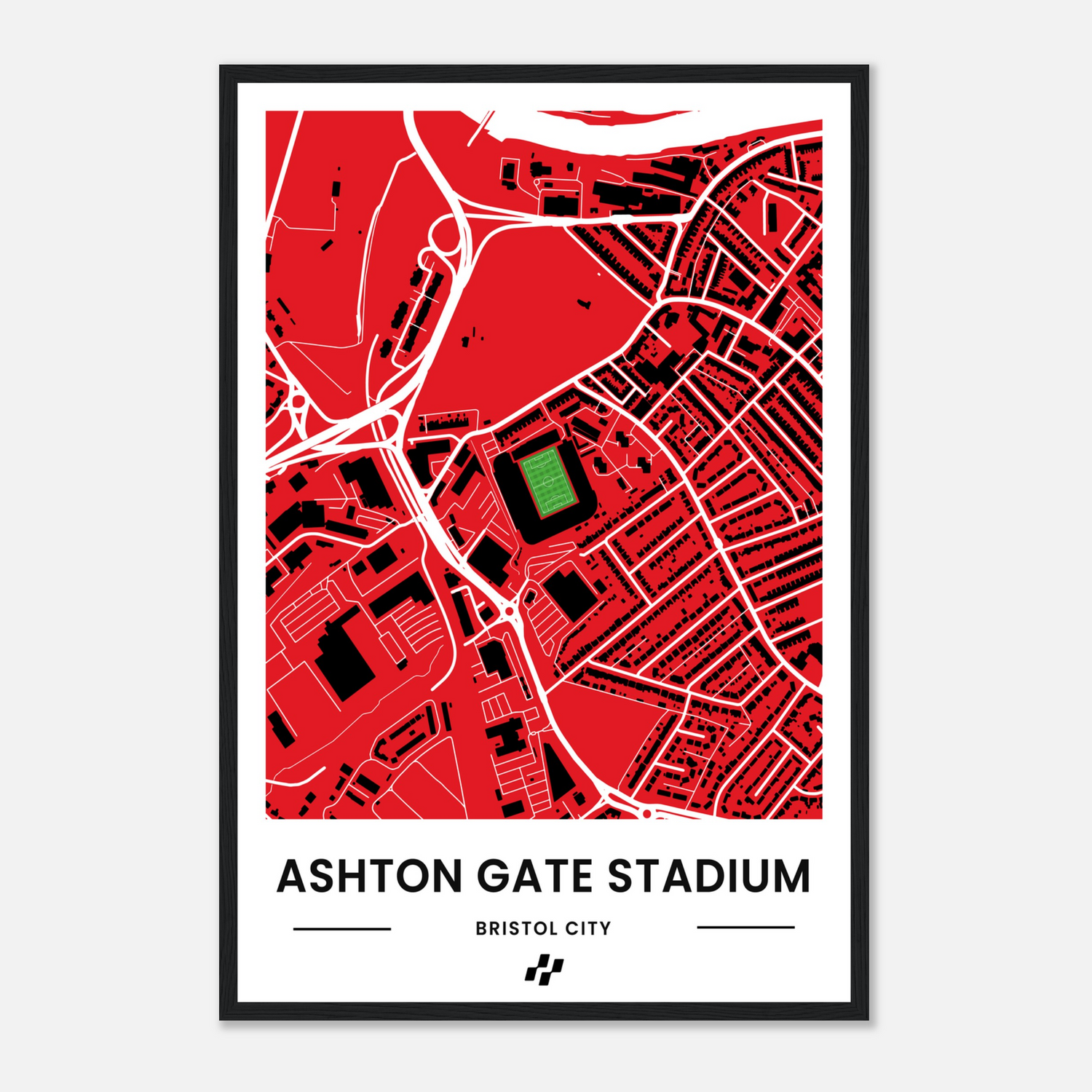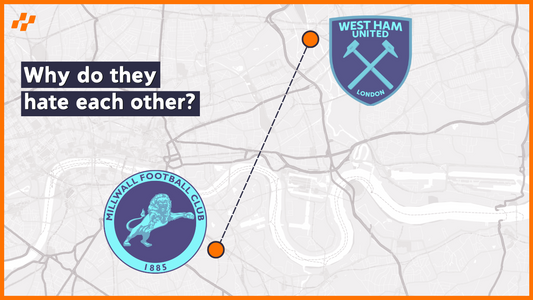
What Happened to Charlton Athletic?
Share
What Happened to Charlton Athletic? From thriving in the Premier League to struggling in League One. Charlton's journey has been a rollercoaster of triumph and mostly turmoil in recent times. Spending seven successive years in the Premier League, before suffering two relegations in three years and having four different set of owners in under four years.
So how did Charlton get here, leading to the club fighting to avoid relegation in League one and leaving fans feeling uncertain about the club's future.
In this 7th episode of 'How Not To Run a Football Club, we unravel the story of the fall of Charlton Athletic, delving into the mismanagement that has left them fighting for survival.
Watch the video on our YouTube channel
The Triumphant Years
It's easy to underestimate Charlton Athletic's significant impact on the Premier League landscape after their promotion at the turn of the millennium.
They embodied a model that clubs nationwide sought to emulate: well-organized, guided by the astute leadership of Alan Curbishley, savvy in the transfer market, and deeply ingrained within the local community.
Their path to the Premier League was anything but swift. It was a journey marked by steady progress, culminating in the memorable Division One playoff final clash against Sunderland in 1998.
Despite facing relegation the following year, Charlton had laid the groundwork for their resurgence. They swiftly reclaimed their Premier League status, topping the First Division table in the 1999/2000 season with an impressive 91 points.
For the next seven years, Charlton remained in the top flight, competing with the best and providing fans with some of the club's most memorable moments.
During the 2000/01 season, their home record was particularly impressive, with only three defeats in 19 games and memorable victories over Arsenal, Chelsea, and Tottenham. Notably, their dramatic 3-3 draw against eventual champions Manchester United was one of the season's highlights.
Charlton demonstrated shrewdness in the transfer market, acquiring talents like Matt Holland, Dean Kiely, Danny Murphy, Graham Stuart, and Claus Jensen for bargain prices.
The club's academy was also renowned, nurturing talents such as Scott Parker, Paul Konchesky, and Richard Rufus for the first team. Additionally, Jermain Defoe, though departing for West Ham before making a senior appearance, emerged from Charlton's youth ranks.
Alan Curbishley’s time as Charlton Manager came to an end after 15 years at the helm in 2006.
Curbishley was replaced by Iain Dowie, who lasted just a few months. Les Reed lasted even less - 41 days to be precise - while Alan Pardew proved to not be the saviour everyone hoped for. Charlton were relegated in the 2006/2007 and the turmoil was about to begin.
The Downfall - Duchatelet Ownership
In 2008, Charlton received an offer for the club from a Dubai-based investment company. The deal eventually fell through, and Charlton's financial problems became clear when the club reported net losses of more than £13 million for the fiscal year. The team was relegated to League One after a 2-2 draw against Blackpool on April 18, 2009. A change in ownership occurred midway through the 2010/11 season by a group led by the club's former Chief Executive, Peter Varney.
Chris Powell took over as manager and oversaw a major revamp of his playing squad during the summer of 2011 which would eventually lead to a record-breaking season of success and a return to the Championship after three years in the third tier. In total, 24 new players were brought into the club throughout the season.
In January 2014, Belgian businessman and politician Roland Duchatelet paid £14m to buy Charlton Athletic, including The Valley and the club’s training ground. Duchatelet’s aim was to place Charlton within a network of European clubs, his own multi-club network.
A model not far from the likes of the City Football Group who owns Manchester city. It would be a mutually beneficial, money-saving agreement, in which players would move from club to club, developing and progressing. Then or since, Duchatelet owned FC Carl Zeiss Jena (Germany), Standard Liege and Sint-Truidense (Belgium), Ujpest (Hungary) and AD Alcorcon (Spain).
However, Duchâtelet’s strategy underestimated the talent required to compete in the Championship. Charlton found themselves ill-equipped for the task, with poor players from mediocre teams in Duchâtelet’s network, and were soon hovering around the relegation zone.
Off the pitch, things also took a turn for the worse. Duchâtelet and his choice of CEO, 29-year-old lawyer Katrien Meire, made a series of bizarre decisions and publicity blunders, which corroded Charlton Athletic’s identity as a club.
They signed new players without consulting the club’s manager; they sold star striker Yann Kermorgant as he was deemed “too old for the Championship”; They sacked managers who refused to field the players in their network, Manager Chris Powell was sacked in March 2014 amid claims of owner interference in team selection and tactics. The turnover in players was alarming: they relied on a scout with no experience in football, in 2014-15 Charlton loaned out 22 players. All the young talent was sold, often for fees way below their eventual value: including players like Johann Berg Gudmundsson, Nick Pope, Joe Gomez.
As well as a string of 4 managers coming and going between 2014-2016 seasons
They even installed a fans’ sofa for the supporters with the best dance moves; and, of course, they released fake footage of people “having sex” in their ground to inform fans that their pitch was available for hire.
Charlton were eventually relegated from the championship to League One for the 2016-2017 season, after finishing 22nd position in the league with 40 points.
This led to Charlton fans protesting, who already had a long history of vital campaigning. When they were exiled from The Valley stadium in the 1980s, fans set up a political party to run in the local election and fight for their return. With Duchâtelet ruining the club, they decided to mobilise again.
These protests were as creative as they were determined. Whether it be the coffin with “RIP Charlton Athletic” inscribed on it, the thousands of plastic pigs that were thrown on to the pitch, or a “Taxi For Roland” that was driven all the way to Belgium. In their most ambitious protest, hundreds of Charlton fans marched through Duchâtelet’s hometown of Sint-Truiden, delivering a message in person to a man who had not even visited the club he owned for several years.
After three seasons in League one, Lee Bowyer managed Charlton to a third place finish in the 2018-19 season, qualifying for the play-offs. In their first visit to the new Wembley Stadium, Charlton beat Sunderland 2–1 in the League One play-off final to earn promotion back to the EFL Championship.
The sustained pressure from fans worked. The message sunk in eventually and the club was put up for sale.
Multiple changes of ownership (2019–2023)
Duchatelet finally relinquished control when he sold the club in November 2019 to East Street Investments, a consortium fronted by majority shareholder Tahnoon Nimer and executive chairman Matt Southall, Initial signs were vaguely promising, albeit clearly fuelled by the departure of Duchatelet.
However, on 10 March 2020, a public disagreement between the new owners erupted along with reports that the main investor was pulling out, and the EFL said the takeover had not been approved.
Events took a ridiculous turn as police were called to the stadium “to prevent a breach of the peace” while legal papers were served on Matt Southall in a baffling few days where nobody knew who was in charge at Charlton.
The Valley and Charlton's training ground were still owned by Duchâtelet, and a transfer embargo was in place as the new owners had not provided evidence of funding through to June 2021.
Meanwhile, the off-field issues were making there way on-field, Charlton were relegated to League One at the end of the 2019–20 season after finishing 22nd. Because of the COVID-19 pandemic, the final games of the season were played behind closed doors. Reports suggest that Covid-19, ironically, is what kept Charlton Athletic afloat. The fall in operating cost and staff furloughing allowed them to stay alive.
Sandgaard Ownership
Thomas Sandgaard was the saviour, buying the club in September 2020, finally bringing to a close the ESI dispute and offering supporters relief from the penny-pinching and nervous estimates of mounting unpaid bills.
Danish-American businessman Sandgaard fell into the trap of over promising and under delivering, not even managing to get to the play-offs during his tenure. His promises not only included getting to the Premier League, but European football in the next 15 years. Those statements will go unfulfilled with his time at Charlton ending in the very near future following months of takeover talks.
Between September 2020 and December 2022, Charlton sacked four managers: Lee Bowyer, Johnnie Jackson, Nigel Adkins, Ben Garner. The lack of a permanent CEO rang an alarm amongst supporters, particularly with Sandgaard residing in America and involving family members in club operations. His son Martin was the director of analysis and Sandgaard’s partner had a role in business operations.
Charlton over the next few seasons would miss out on promotion opportunities finishing 7th in 2020–21 season, 13th in 2021–22 season and 10th in the 2022–23 season under Sandgaard’s ownership.
Sandgaard’s management of the club has been called into question with suggestions that, for all his good intentions, he failed to learn from the mistakes of the previous owners and underestimated what was needed to own and run an English football club.
Where are they now?
Eventually SE7 partners made a bid for Charlton, leading to Sandgaard agreeing to sell a 90 per cent stake for around £8.5m paid in to separate instalments. Becoming the club's fourth set of owners in under four years. As part of the agreement, a new management team was put in place including Dean Holden as the new head coach. Holden took the club away from relegation trouble with an impressive run.
SE7’s takeover of Charlton Athletic was finally completed in July 2023. A consortium with seven different individuals, each possessing a shareholding of greater than 5%. The most public-facing of the group was Charlie Methven, former part-owner of Sunderland and “star” of the Sunderland ‘Til I Die documentary. For his part, Methven stressed that he had learned lessons from that time.
On 27 August 2023, after one win in the opening six games of the 2023–24 season, The new owners eventually sacked Holden and was succeeded by Michael Appleton. Appleton was then sacked after no wins in 10 League One games, He was replaced on 4th February 2024 by Nathan Jones, Charlton finished the season in 16th place, their worst finishing league position in 98 years but managed to avoid relegation to league two. Will Charlton Athletic ever return to the Premier League? Only time will tell.





